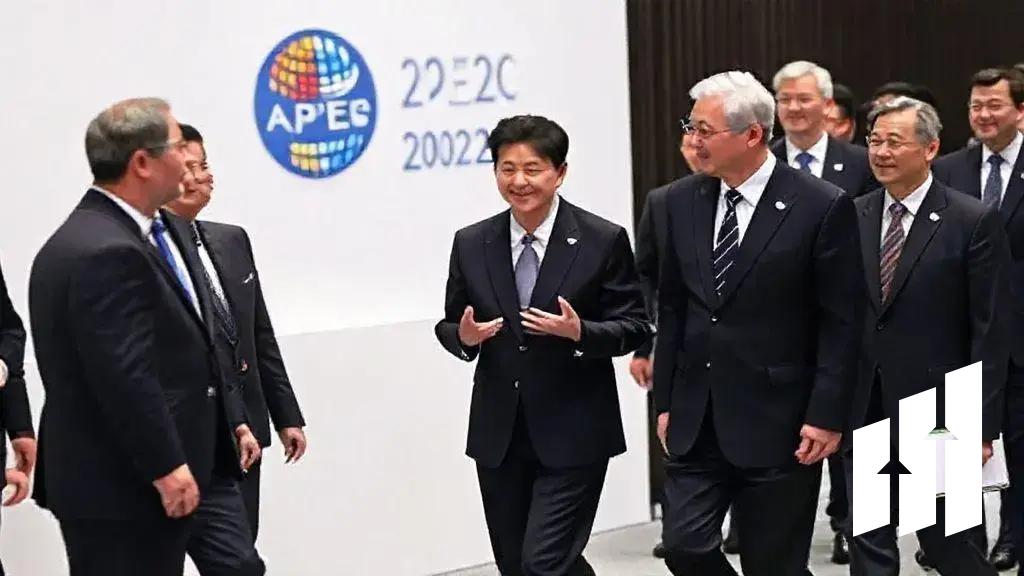China is currently facing significant economic challenges due to the phenomenon known as involution. This situation arises from intense price wars and overcapacity, which are affecting various industries, especially the automotive sector. Businesses are prioritizing price reductions to attract customers, but this often leads to reduced profit margins and may compromise product quality. To combat these issues, companies must shift their focus towards innovation, enhancing customer service, and offering unique products that stand out in a competitive market.
China’s economy is facing a tricky situation known as involution. This term describes a cycle where more effort leads to little progress. Many businesses are stuck in price wars. Companies cut prices, hoping to attract more customers. But this can hurt them in the long run.
Understanding involution means knowing how competition works in the market. Involvement happens when companies focus too much on reducing prices. They might overlook other important areas, like product quality or service. This can lead to a race to the bottom, where everyone loses.
Overcapacity is another factor we need to consider. When too many products are available, prices drop. It leads to less profit for businesses. In China, many industries face overcapacity, affecting the economy.
One example is the auto industry. Many car brands are fighting for market share. They keep lowering prices to attract buyers. However, this strategy can be risky, leading to lower profit margins.
Involvement creates challenges for companies wanting to grow. It’s essential for businesses to find balance. They should look beyond just price-cutting. Instead, they should focus on value and quality.
Finding ways to innovate can help combat involution. This may include improving customer service or offering unique products. By focusing on what makes them special, companies can stand out.
Conclusion
In conclusion, understanding the issue of involution in China’s economy is crucial for businesses and consumers alike. Price wars may seem like a quick fix, but they can lead to bigger problems in the future. Companies need to balance their strategies by focusing not only on pricing but also on quality and innovation.
By embracing unique offerings and emphasizing customer service, businesses can thrive even in a competitive market. It’s about finding what sets them apart and using that to create real value. So, let’s keep a close eye on how businesses adapt and grow, even in challenging times.
FAQ – Frequently Asked Questions about China’s Involution Problem
What is the concept of involution in the context of China’s economy?
Involution refers to a cycle where increased effort doesn’t yield substantial progress. In China’s case, it often manifests through price wars and overcapacity.
How do price wars affect businesses in China?
Price wars can lead to lower profit margins for businesses. While trying to attract customers, companies may focus too much on cutting prices, neglecting quality and innovation.
What industries in China are most affected by involution?
Several sectors, including the automotive industry, feel the impact of involution, particularly due to high competition and overcapacity.
Why is overcapacity a problem for the Chinese economy?
Overcapacity leads to an excess of products on the market, which drives prices down. This can harm business profitability and overall economic health.
How can companies combat the effects of involution?
Businesses can combat involution by focusing on innovation, improving customer service, and offering unique products that differentiate them from competitors.
What role does customer service play in addressing involution?
Quality customer service can help companies stand out in a crowded market. It builds loyalty, encourages repeat business, and enhances a brand’s reputation, which is vital in an involuted economy.


 Hackers Targeting Freight Companies: A Growing Threat
Hackers Targeting Freight Companies: A Growing Threat  South Korea’s AI Investment: A Bold Step Towards Economic Transformation
South Korea’s AI Investment: A Bold Step Towards Economic Transformation  Xi Jinping and Lee Jae Myung Meet for Talks to Rebuild Relations
Xi Jinping and Lee Jae Myung Meet for Talks to Rebuild Relations  Why You Might Be Asked to Prove You’re Not a Robot
Why You Might Be Asked to Prove You’re Not a Robot  Business Groups Urge Trump to Reconsider $100,000 Visa Fee
Business Groups Urge Trump to Reconsider $100,000 Visa Fee  Growing Tensions Amid ICE Raid at Hyundai Plant in Georgia
Growing Tensions Amid ICE Raid at Hyundai Plant in Georgia